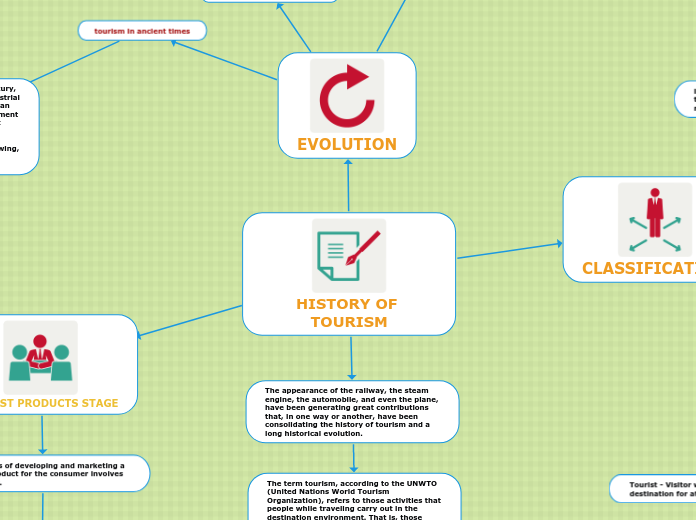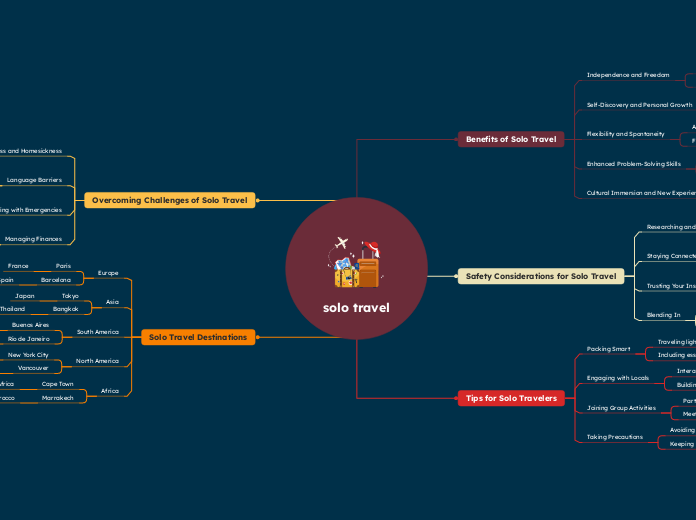da TATY23171 TATY23171 mancano 2 anni
212
HISTORY OF TOURISM
Tourism has evolved significantly over the centuries, with its modern form taking shape in the 19th century due to the Industrial Revolution. This period saw a surge in travel driven by various factors such as wars, trade, and leisure pursuits.









